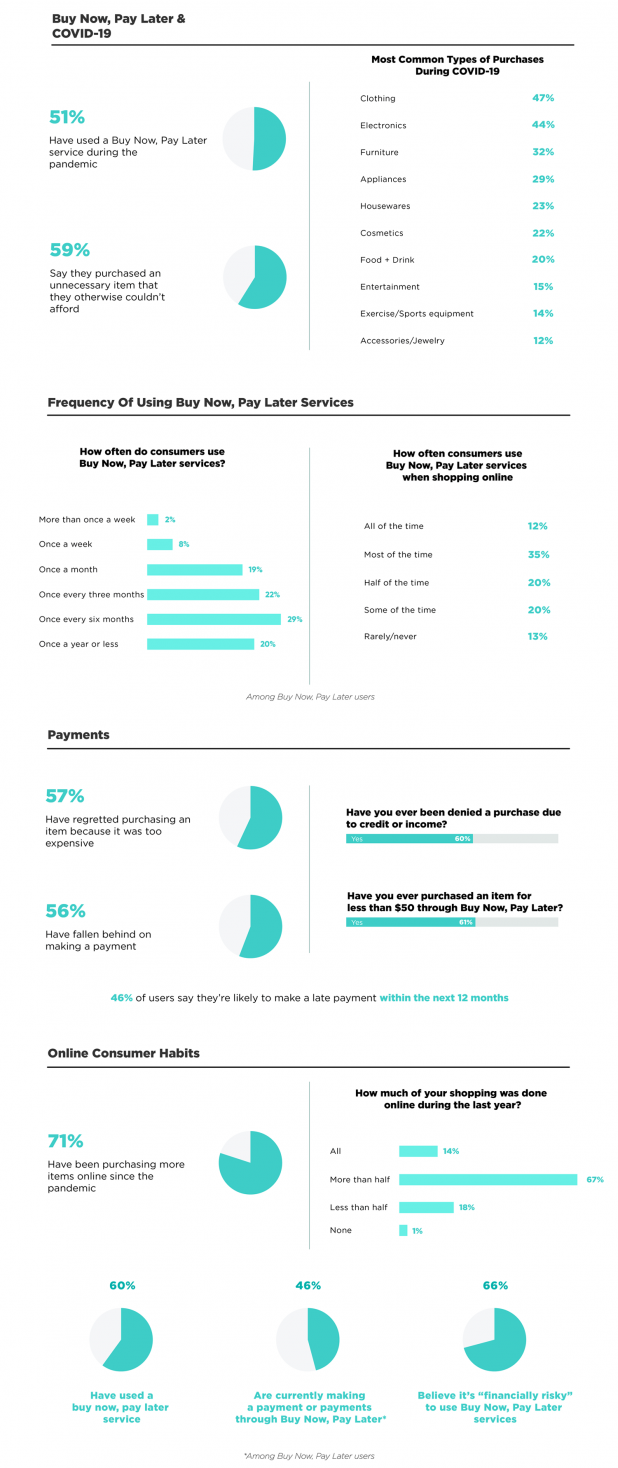Make the Leap to Freelancing Walk Through This Straightforward Guide
Imagine waking up each morning, ready to tackle projects that genuinely excite you, and being your own boss – that’s the freelance life, where flexibility and autonomy are the ultimate perks. Whether you’re looking to make extra income on...

Imagine waking up each morning, ready to tackle projects that genuinely excite you, and being your own boss – that’s the freelance life, where flexibility and autonomy are the ultimate perks. Whether you’re looking to make extra income on the side or start a full-time freelancing career, getting started can be both exciting and a little daunting. Kick-start your freelancing journey with this concise roadmap, guaranteed to get you off the ground and rolling.
1. Identify Your Skills and Niche
First, you need to define what services you can offer. Take stock of what you bring to the table – your awesome skills and standout strengths. What’s your area of expertise – crafting compelling graphics, spinning engaging yarns, building beastly websites, or hyping up a brand? The more specific you can be with your niche, the easier it will be to market yourself to the right clients.
For example, instead of just “copywriting,” you could specialize in “SEO-optimized blog writing for tech startups.” This helps clients know exactly what value you bring to the table.
2. Build Your Resume and Portfolio
Before landing clients, you need to make your resume and you’ll need a portfolio to showcase your skills. Even if you’re just starting and don’t have client work to display, create samples. If you’re a writer, growing your audience might involve writing regular articles or blog posts – and Medium is a great place to share them. Designers seeking to make a mark can try building mock projects that revolve around distinct design challenges or briefs. Rather than scattering your work all over the internet, why not consolidate it into one impressive online hub? A portfolio website keeps everything tidy and convinces visitors you’re the real deal.
3. Set Up an Online Presence
Your online presence is your digital storefront, so make sure it reflects your brand. Create a professional website and include your portfolio, services, contact information, and a clear call-to-action (CTA) for potential clients. Leverage social media platforms like LinkedIn, Instagram, and Twitter to establish your credibility and reel in clients. Additionally, consider joining freelancing platforms such as Upwork, Fiverr, or Freelancer to get your first gigs.
4. Price Your Services
Deciding how to price your services can be tricky at first. Do some research to understand the market rates for your skillset and experience level. You can charge per project, hourly, or by a retainer fee, depending on the nature of your work and the client’s needs. When starting out, you might need to price slightly lower to attract clients, but make sure you’re still valuing your time and work fairly.
5. Find Clients
Now that you’re ready, it’s time to find clients. Besides freelancing platforms, you can network to find clients through LinkedIn, social media, and even in-person at industry events or meetups. Go beyond blind emailing by researching your prospects beforehand; if you can demonstrate a clear understanding of their challenges and show how you can solve them, you might just spark a conversation that leads somewhere. Instead of a generic sales pitch, walk a mile in their shoes and ask yourself what you’d want to hear if you were them – that kind of empathy can yield surprisingly effective results.
6. Create a Strong Proposal
Once you have a potential lead, crafting a solid proposal is key to landing the job. Instead of just listing features and services, show the client you genuinely grasp their pressure points and can deliver results. Break down your approach into digestible bites, highlighting your unique strengths and casting a spotlight on what makes your solution unbeatable. Make sure to highlight relevant experience and include a CTA to move forward.
7. Stay Organized
Freelancing comes with more freedom, but it also requires discipline and organization. You’ll need to manage your projects, deadlines, invoicing, and taxes on your own. Tools like Trello, Asana, or Monday.com can help you keep track of tasks and projects. picture a world where invoicing and payment tracking are a breeze. Thanks to QuickBooks and FreshBooks, that world is now a reality.
8. Set Clear Boundaries
When freelancing, it’s easy to blur the lines between work and personal life. Clearly defining your work schedule, response rates, and project deadlines upfront can save you and your clients a ton of headaches down the line. Burnout gets pushed to the back burner when you’re transparent about your workflow, and clients appreciate the clear expectations that come with it.
9. Upskill and Stay Competitive
The freelancing market is competitive, so staying ahead of trends and improving your skills is essential. Don’t let your skills get rusty – reboot with cutting-edge knowledge from online courses, hands-on workshops, and insider tips from industry influencers. Unlock new income streams by continuous learning – every fresh skill you acquire brings you closer to scoring lucrative gigs.
10. Build Relationships and Maintain Clients
Repeat business is the lifeblood of successful freelancers. Get personal with your clients – invest in friendships that last by offering a perfect blend of quality output and straightforward updates. It’s simple: well-treated clients become your biggest fans, shouting your name from the rooftops and coming back for more, resulting in a consistent flow of income.
In our mission to tie up loose ends, we’re confronted with a pressing reality check: the rubber has to meet the road. If we’ve learned anything so far, it’s that connecting the dots is crucial to conjuring a meaningful outcome.
Choosing to go freelance can be a bold decision, but it’s one that often leads to a more satisfying and independent career path. Regain ownership of your time, focus on projects that spark joy, and watch your earnings soar as a result. By following these steps—identifying your niche, building a portfolio, setting up your online presence, pricing your services, finding clients, and continuously improving—you can successfully launch and grow your freelancing career.

 JimMin
JimMin 
































